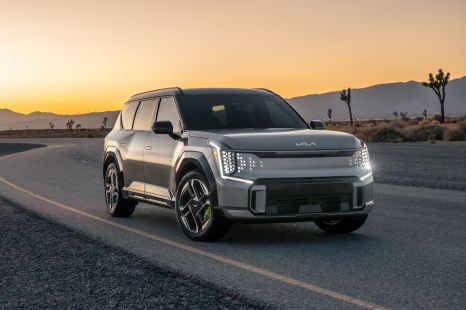

William Stopford
2026 Kia EV9: Hot GT arrives as Korean brand's priciest model ever
6 Hours Ago
Volkswagen has confirmed Porsche might be listed on the stock exchange, but there no details yet on timing or pricing.

Journalist
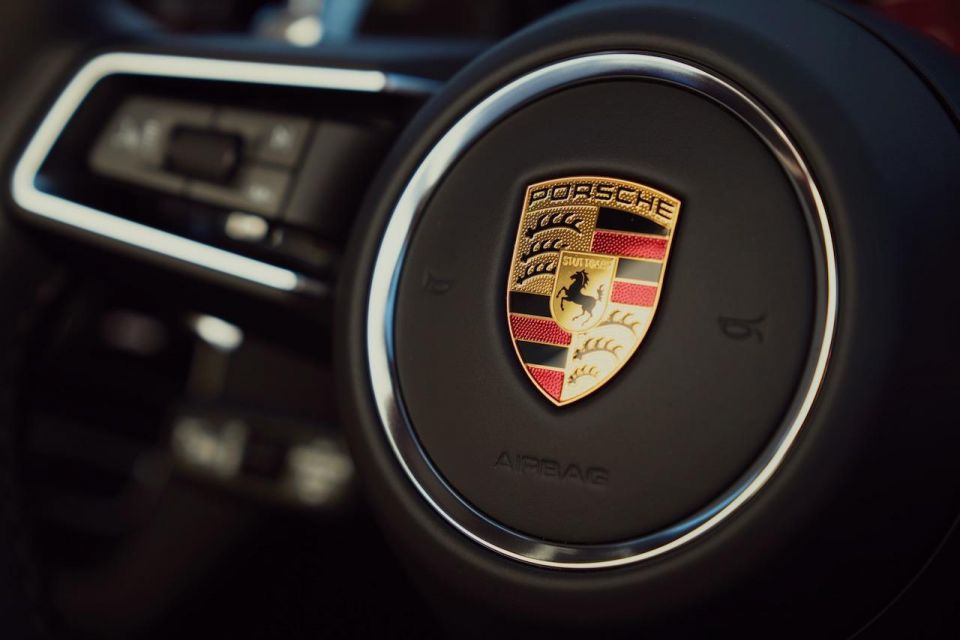

Journalist
The Porsche marque could soon enjoy more independence from the mothership, and raise billions in euros for Volkswagen.
Overnight Volkswagen and the Porsche-Piech families confirmed they “are currently in advanced discussions regarding a potential IPO of [the Porsche brand]”.
The two parties have negotiated a “Framework Agreement” for the flotation of the Porsche marque, but they stress approval for this agreement still “depends on the approval of both parties’ boards”, as well as market conditions and various review processes. As such, the content of the agreement is “currently open” and subject to change.
If Porsche is floated — partially or fully — on a stock exchange, it could raise billions in euros to help fund the Volkswagen Group’s investments in electric vehicle architectures and technology, as well as self-driving car development.
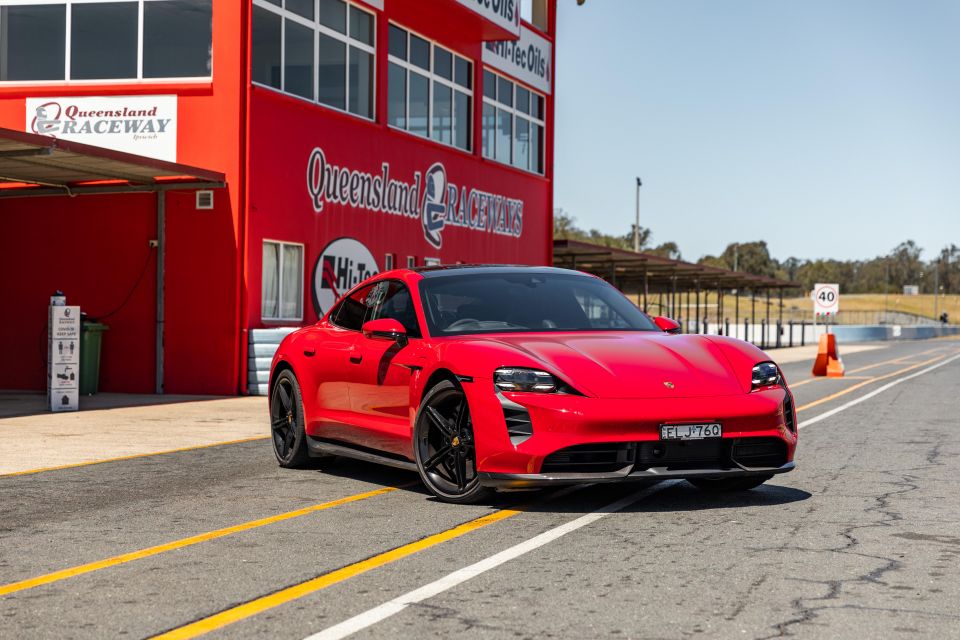
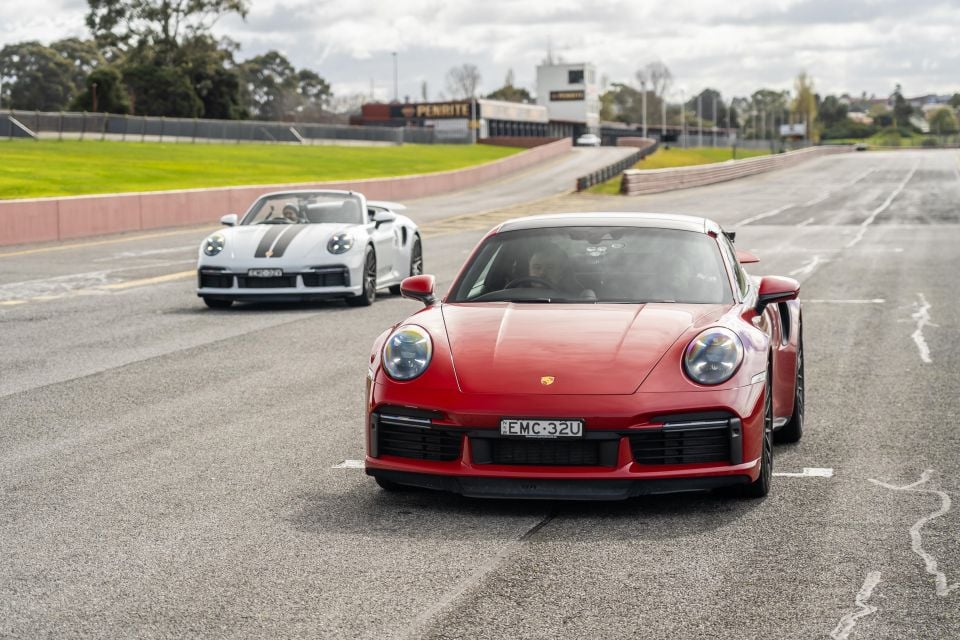
Speculation about a possible Porsche float has been happening for years, with a report at the end of last year estimating the value of the luxury automaker at between €45 billion and €90 billion ($71 billion to $142 billion).
It’s possible the Porsche-Piech families will participate in the Porsche float, and buy a direct stake in their namesake automaker.
Thanks to Volkswagen’s complicated corporate structure, the automaker is largely limited to raising money through the issuing of bonds or from its own cashflow. Unlike many firms, it is unwilling to issue new shares as this would dilute the voting rights of the controlling Porsche-Piech family.
Their Porsche SE investment company owns just over 30 per cent — and around 53 per cent of the voting rights — of Volkswagen AG, which in turn completely owns the Volkswagen, Seat, Skoda, Audi, Porsche, Lamborghini and Bentley brands. Through the Porsche marque, Volkswagen also holds a minority stake in former subsidiary Bugatti.
If you want to read more about the long and complex history between the Porsche-Piech families with Volkswagen, check out our Which brand owns which, and how did we get here? feature.
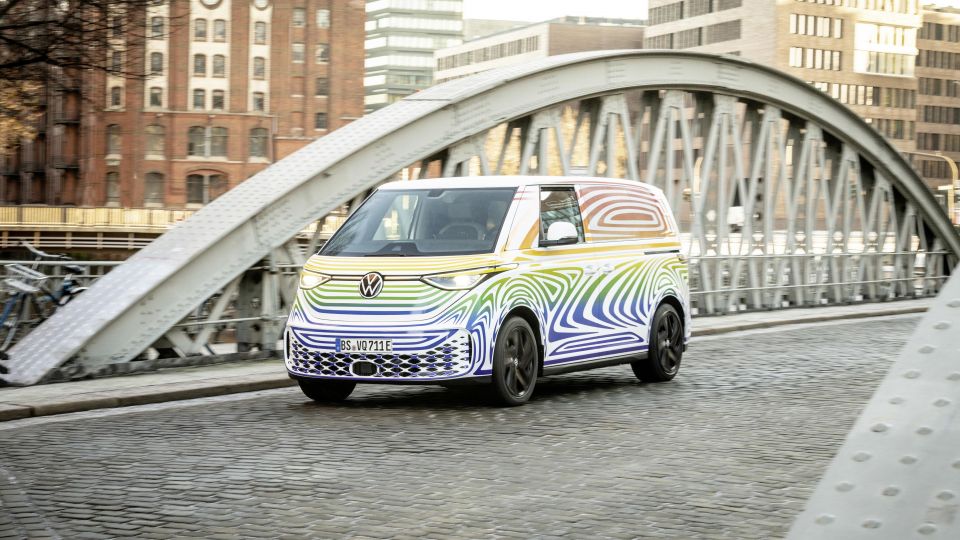
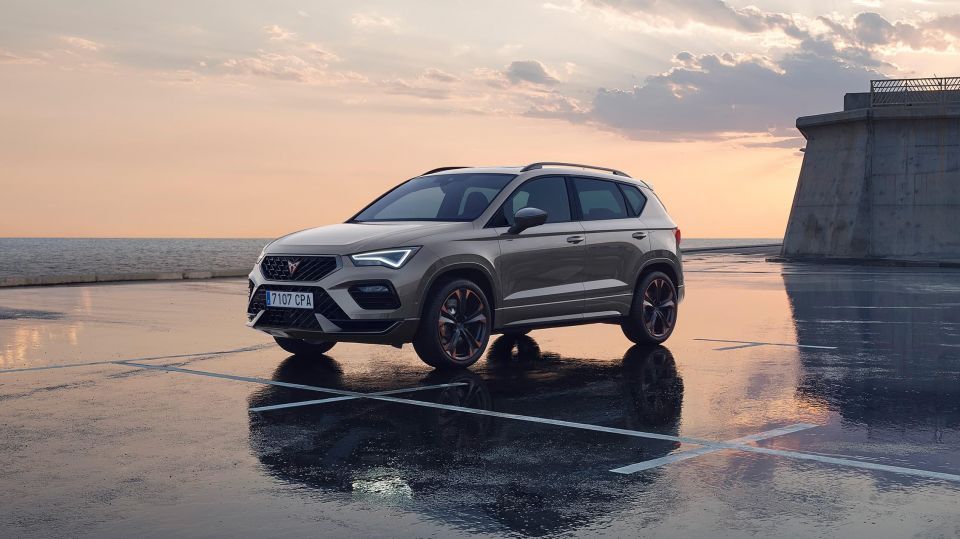
The German state of Lower Saxony has a 20 per cent shareholding in the automaker, and thanks to the Volkswagen Law effectively has veto rights for all major decisions at the firm.
While Porsche’s 301,900 sales only make up 3.5 per cent of the Volkswagen Group’s 8.6 million sales last year, the luxury marque’s hefty profit margins mean it constitutes a significantly larger proportion of the automaker’s profits.
Since the Porsche brand became a part of the Volkswagen Group in 2011, it has become tightly integrated into the larger automaker’s research and development system.
In addition to using group platforms, such as MLB for the Macan and Cayenne, it has developed the MSB architecture that underpins the Panamera and Bentley Continental.
The Porsche Taycan and Audi e-tron GT share the same EV platform, and the two brands are engineering the upcoming Platform Premium Electric (PPE) that will form the basis of the second-generation Macan and new Q6 e-tron.
Derek Fung would love to tell you about his multiple degrees, but he's too busy writing up some news right now. In his spare time Derek loves chasing automotive rabbits down the hole. Based in New York, New York, Derek loves to travel and is very much a window not an aisle person.


William Stopford
6 Hours Ago


Paul Maric
7 Hours Ago
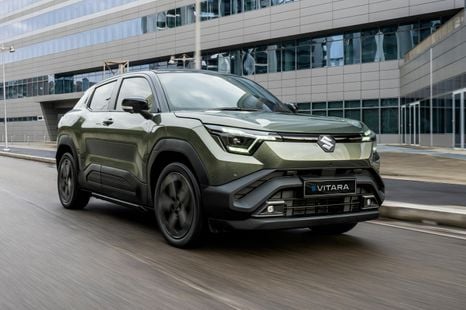

Damion Smy
7 Hours Ago
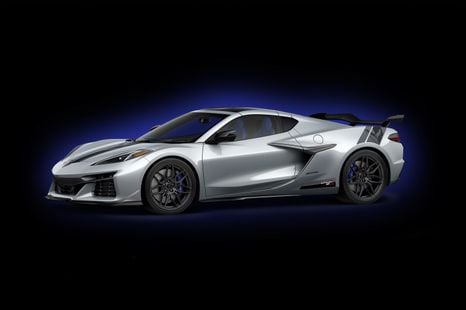

Damion Smy
10 Hours Ago
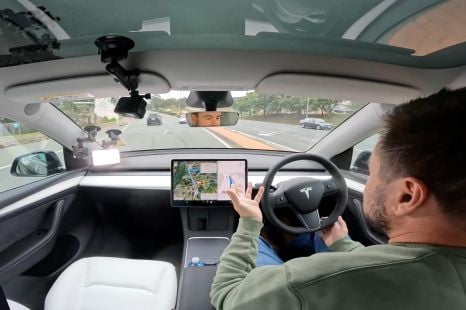

William Stopford
10 Hours Ago
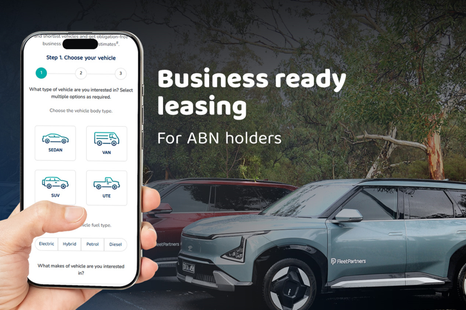

CarExpert
11 Hours Ago
Add CarExpert as a Preferred Source on Google so your search results prioritise writing by actual experts, not AI.